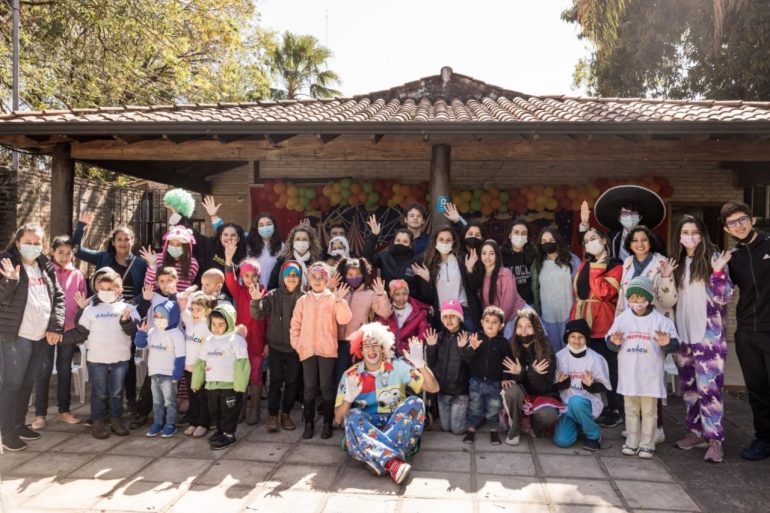In San Lorenzo, near Paraguay’s captial Asunción, a shelter provides everything a child with cancer needs, and is run by the very hands of their own mothers. Welcome to Asoleu.
One morning, as she shows a visitor around the shelter, six-year-old Dora smiles and declares, “This is my shelter.” For Dora and many children with cancer, the Asoleu Foundation is not simply a bed: it is a space to recover, learn, and grow.
Becoming a second home
Since 1994, Asoleu has supported paediatric cancer patients across Paraguay with housing, transport, medication, nutrition, therapy, and comprehensive treatment. Its goal is as simple as it is ambitious: to surround families with everything needed – physically, emotionally, and socially – while they fight childhood cancer.
“We do what the hospital cannot, from rides to warm meals,” says María Pilar Cantero, board member. “We become their second home.”
Asoleu stands for Asociación de Apoyo a Leucemia, or Association for Leukemia Support. Originally it supported only young leukemia patients, but nowadays it is for all children with cancer.
A place to heal, a place to belong
Children and adolescents are referred to Asoleu’s shelter through the Hospital de Clínicas Paediatric Haemato-Oncology Department. Most families come from rural areas, unaware that they must remain in Asunción for extended periods during treatment. Asoleu provides full care: private rooms, nutritious food, educational support, hospital transfers, and emotional assistance for each child.
The shelter, built in 2010 with support from the Princess Diana Foundation, accommodates thirteen children and their mothers or female guardians.
“Everything is free for the families,” explains shelter coordinator Cinthia. “They never need to worry about food, transport, or safe accommodation.”
The shelter is also sustained by the mothers themselves, who play a vital role in daily operations. Most are from Paraguay’s countryside and have little formal education or support systems. They take turns cooking and cleaning, maintaining the facility’s functionality and welcoming environment. This structure provides rhythm, dignity, and solidarity as they face their children’s medical challenges together.
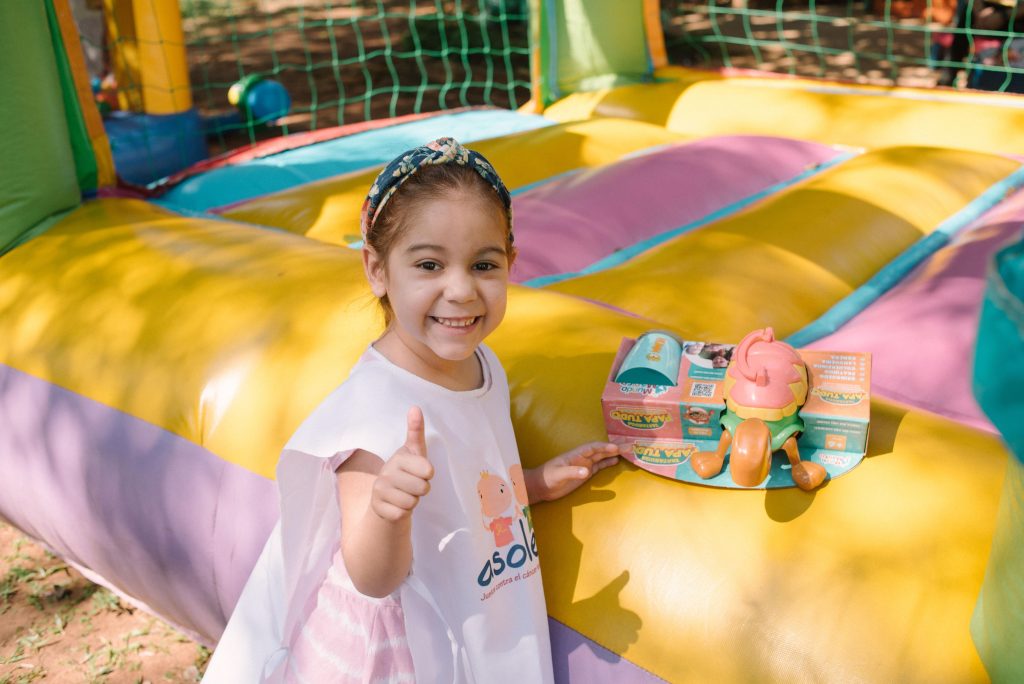
A daily routine built on compassion
Each day starts early. Mothers rise before dawn to prepare breakfast, and dress their children for hospital visits. By midday, children return for lunch, and take part in structured learning or play. A psychologist offers therapy, and a physiotherapist and speech therapist visit weekly to support recovery. In small classrooms, children study, draw, and engage in activities to distract them from the demands of medical treatment.
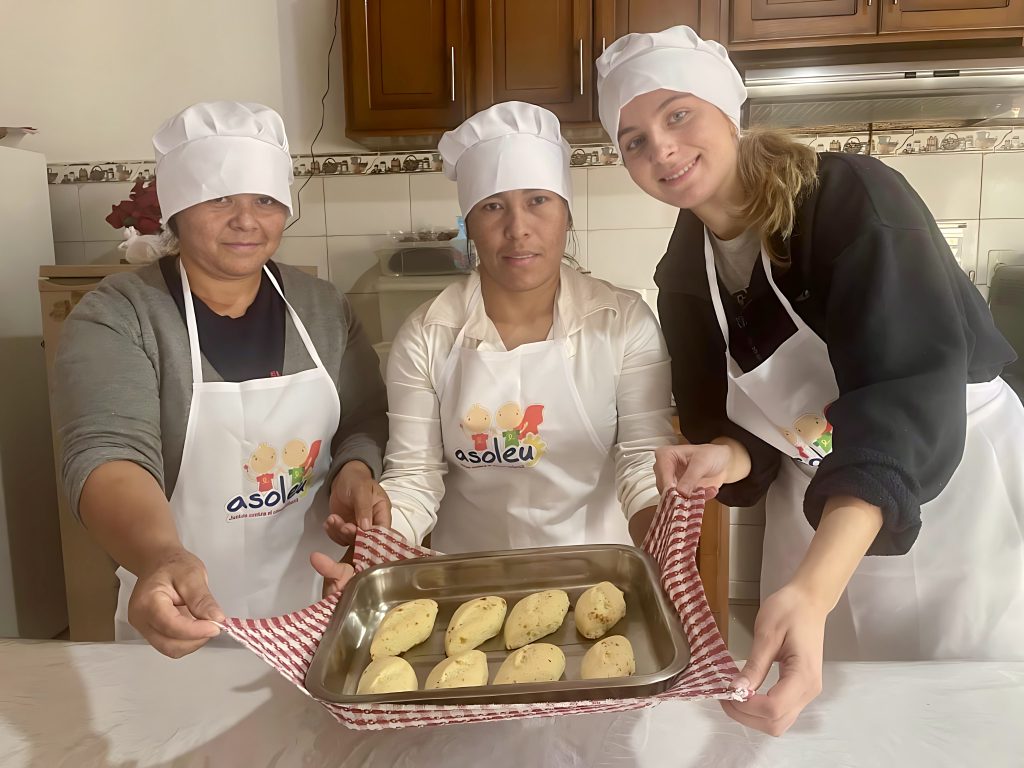
Mothers also participate in workshops that teach skills such as cooking, sewing, and hairstyling. These sessions offer distraction and tools for self-reliance once treatment ends. Meals are carefully prepared based on medical recommendations and available donations. A nutritionist teaches mothers to cook protein-rich meals essential for children undergoing chemotherapy.
“We gently try to change habits,” comments Cinthia. “Many love cooking with cream and flour, but we explain that their child needs something different.”
Asoleu: Survival and beyond
Asoleu also offers scholarships through its Yo Quiero Ser (I Want to Be) programme, supporting cancer survivors who pursue university degrees. Since 2018, it has helped eighteen young adults study pharmacy, engineering, accounting, and more.
“We helped them survive,” says Cantero. “Now we help them succeed.”
Among the many remarkable stories is that of Dora, an indigenous girl from Amambay who arrived barefoot and undocumented. She spoke only Guaraní and was diagnosed with advanced ocular cancer when she first arrived at Asoleu. Today, she speaks fluent Spanish, is learning English, and helps new children adjust to shelter life. Her transformation is a direct reflection of the care, structure, and love provided by the Asoleu community.
“She is like a little guide now,” says Cinthia. “She tells new children where everything is. She owns the space with pride.”
As each child begins their treatment journey and each mother adapts to the rhythm of shared living, Asoleu offers consistency and care. Together, they maintain the place and celebrate milestones, large and small. Medical outcomes are not always within their control, but the comfort, dignity, and community they offer never waver.
“Families often arrive afraid and alone,” says Cantero. “But when they leave, they realise they were never alone at all.”
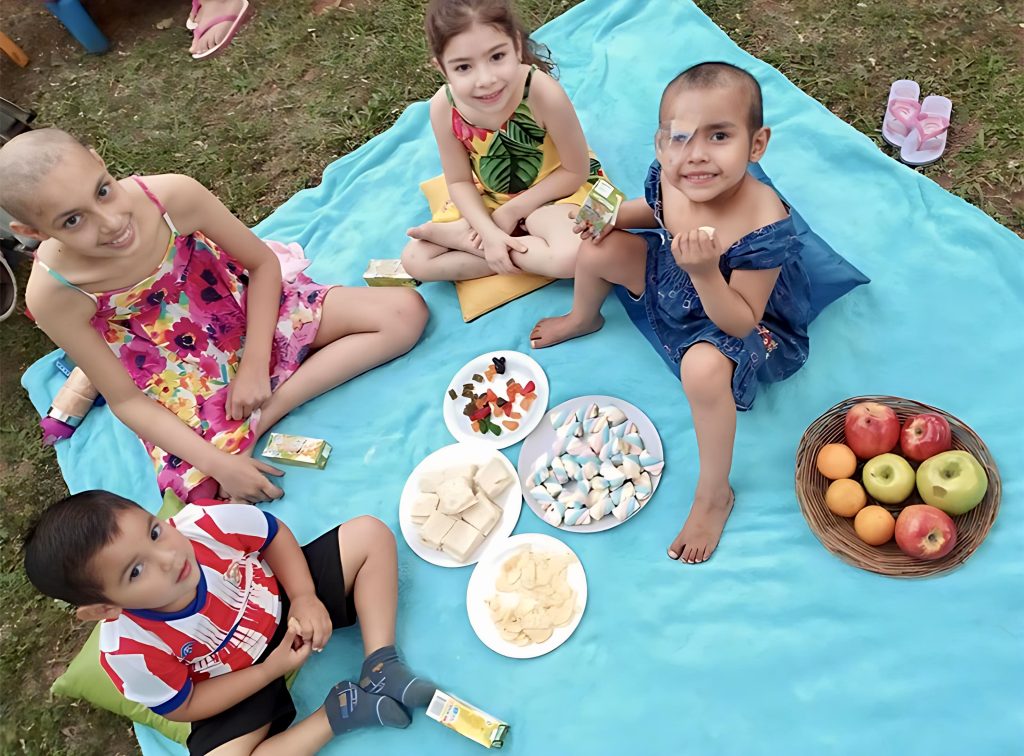
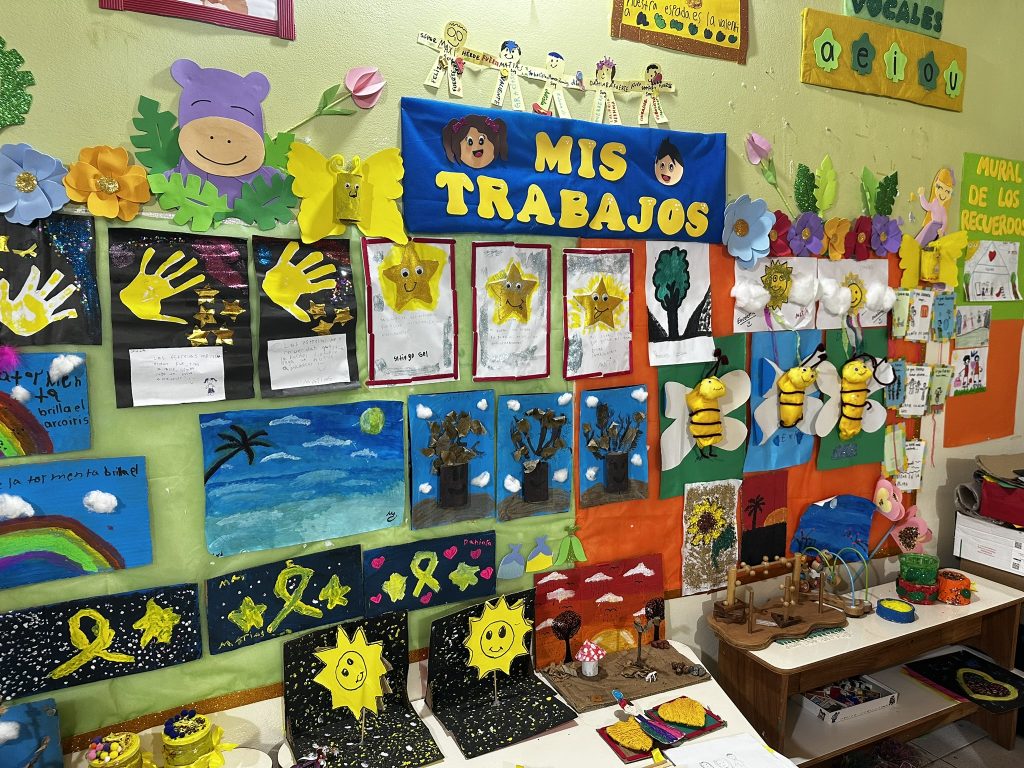
A shelter beyond walls
Asoleu operates entirely on donations: everything from art supplies to cleaning products is provided by individuals, businesses, or charitable organisations. Supporters can donate items, sponsor a child, or contribute through monthly giving programmes.
“Every donation counts. Every gift helps,” Cinthia notes. All donations, no matter how small, make a difference, bringing hope and much-needed services to the young patients and their families.
Asoleu’s mission is both extraordinary and deeply human. It is present in simple meals made with care, small shoes neatly aligned, and mothers leaning on one another for strength.
In a similar vein, Paraguay recently opened its first specialised centre for young cancer fighters in San Lorenzo, a place where children and their families receive not only medical treatment but also emotional support, physical rehabilitation, and educational activities.
Together, Asoleu and the specialised centre embody a nation’s represents something enormous: a community stitched together by courage, compassion, and the belief that no child should face illness alone.
For more information or to make a donation, visit Asoleu on Instagram.

